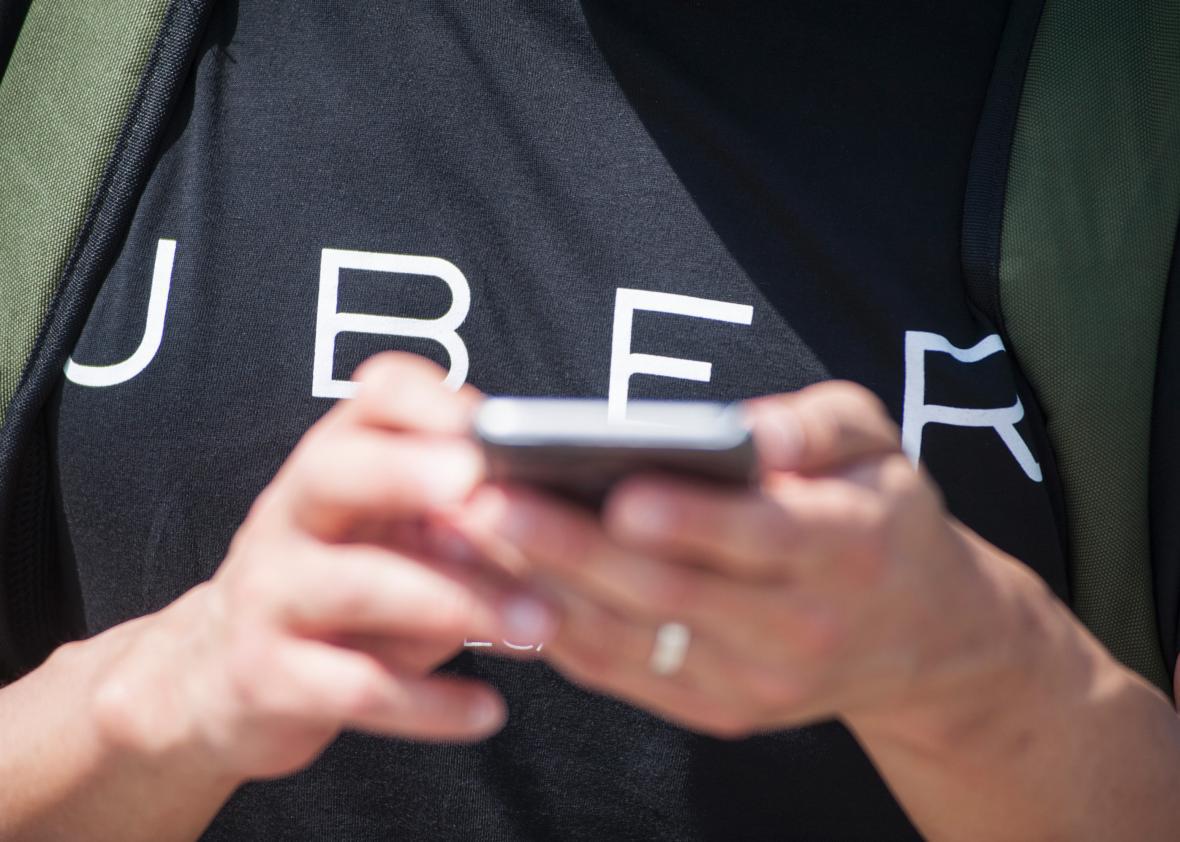At the start of September, a federal judge dealt a major blow to Uber when he granted class-action status to drivers suing the company. Now the courts have handed down another. On Tuesday, the 9th U.S. Circuit Court of Appeals denied Uber’s request to appeal that class certification ahead of trial. The court didn’t rule on the merits of the class certification itself and could still choose to do so if Uber appeals again at the end of the case, or if changes are made to the size of the driver class. Effectively, though, the denial has cleared the way for the plaintiff drivers to prepare for trial, currently scheduled for June 2016.
The case deals with one of the big question marks in the so-called gig or “sharing” economy: worker classification. The drivers in the suit allege that they have been misclassified as independent contractors and that the amount of control Uber exerts over their work makes them employees in everything but name. Uber argues that its drivers enjoy the flexibility the platform affords them in a way that traditional employees couldn’t. On the issue of class certification in particular, Uber has insisted that there is “no typical Uber driver” and so any class wouldn’t be appropriately representative. (When U.S. District Court Judge Edward Chen granted class action status to the drivers in September, he seemed decidedly unimpressed by this line of argument.)
Ted Boutrous, partner at Gibson Dunn and the lawyer representing Uber on the case, said in a statement that the company looks forward to “presenting the facts about how drivers use Uber with complete flexibility and control over their work to a jury in 2016.” Shannon Liss-Riordan, the lawyer for the drivers, told Reuters that she was happy with the decision and would focus on preparing for the trial.
What’s still unclear is how big the class of drivers will be. The initial California class action covered about 160,000 current and former Uber drivers, but when Judge Chen granted class-action status in September it was only on certain counts—such as on the question of whether they are independent contractors or employees. Uber has said publicly that the judge’s ruling would “certify only a tiny fraction of the class that the plaintiffs are seeking.” At any rate, the company would surely have preferred to see the class disbanded altogether before the trial rolled around.
